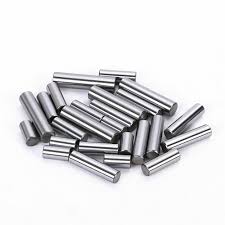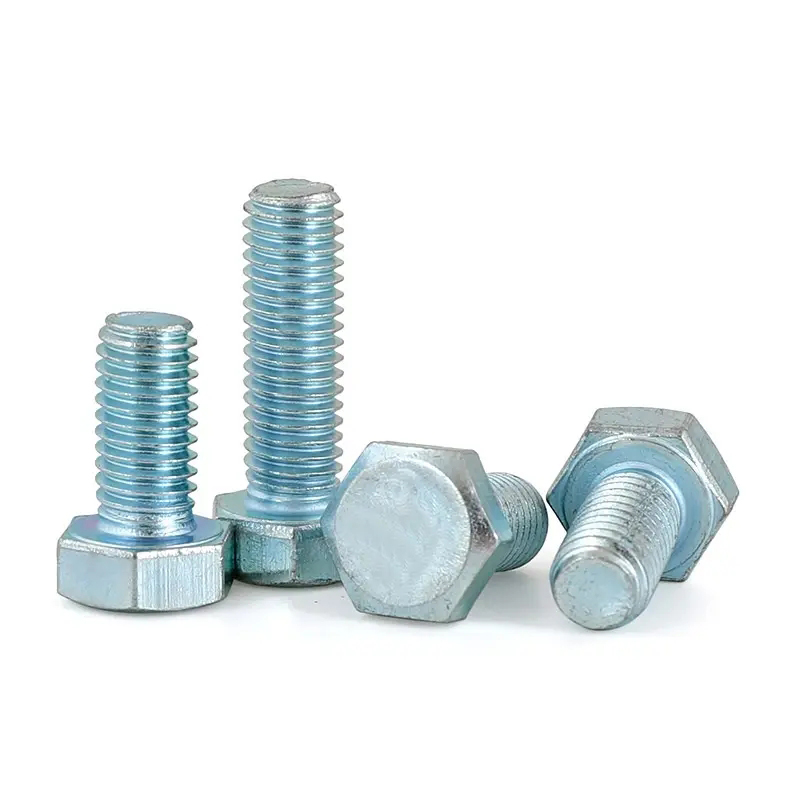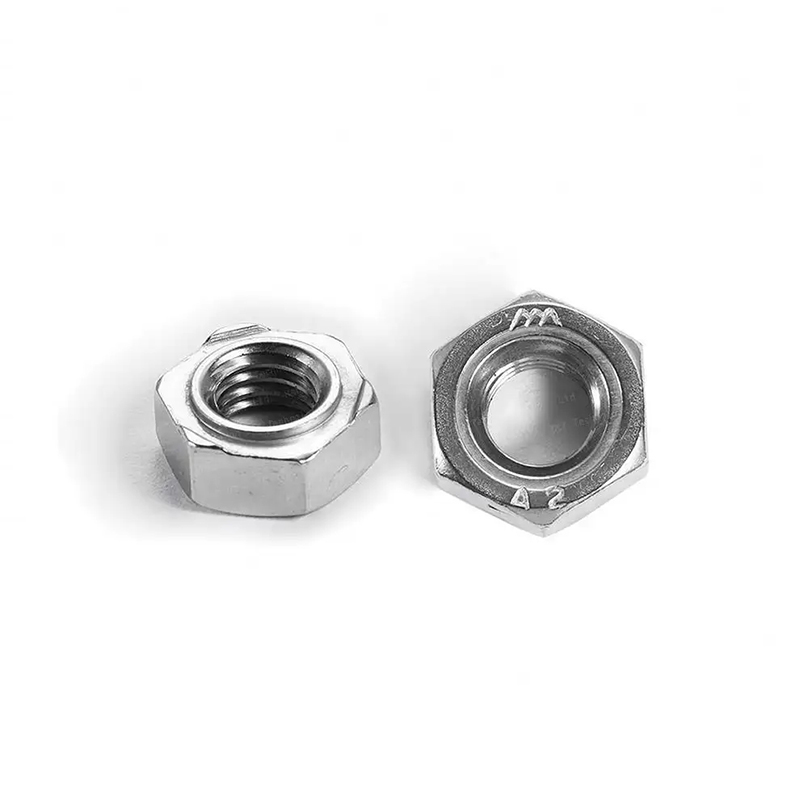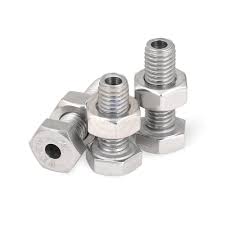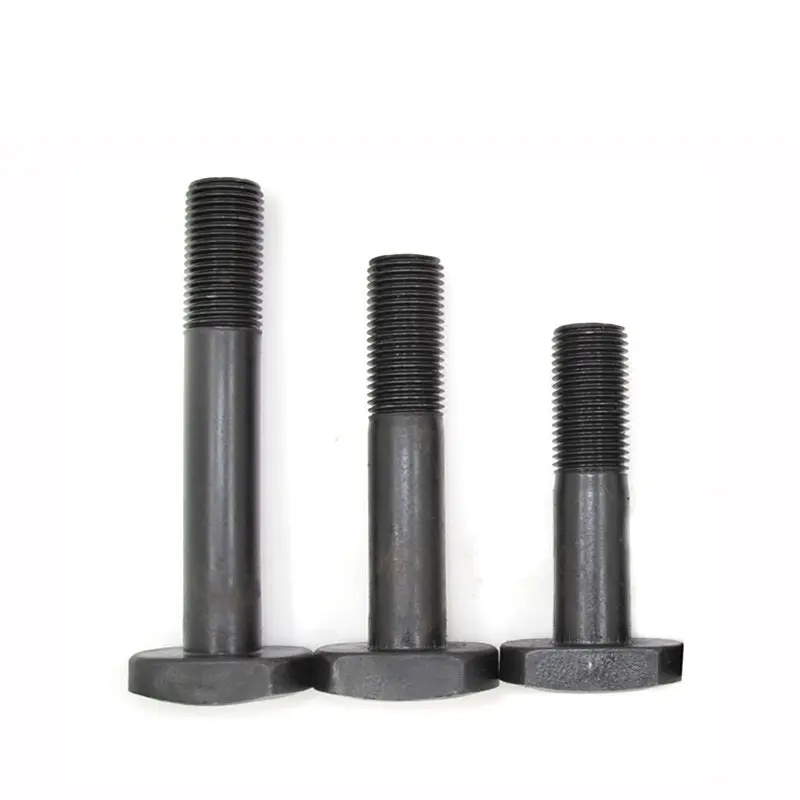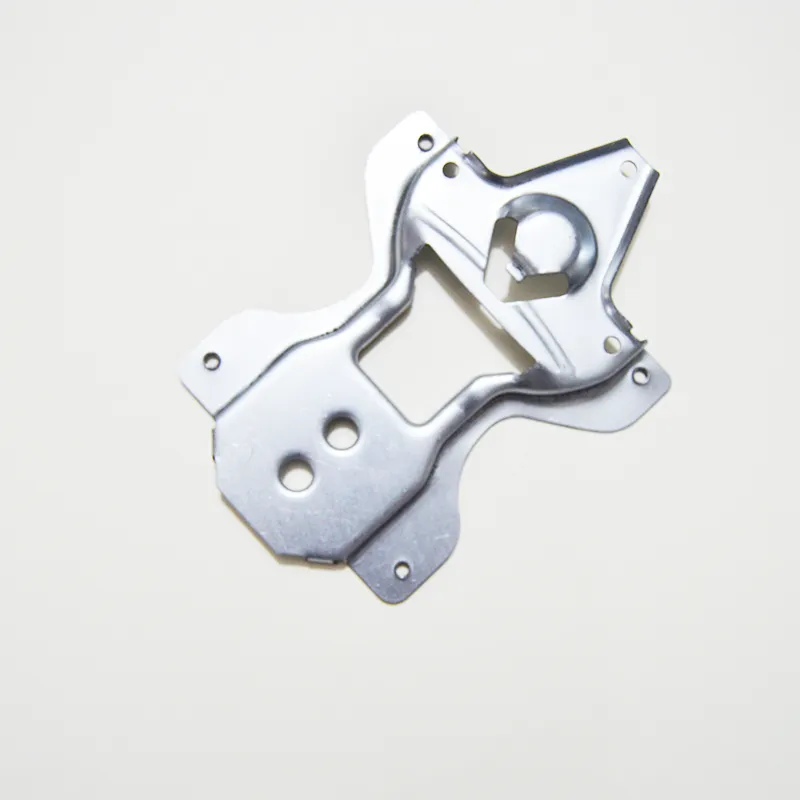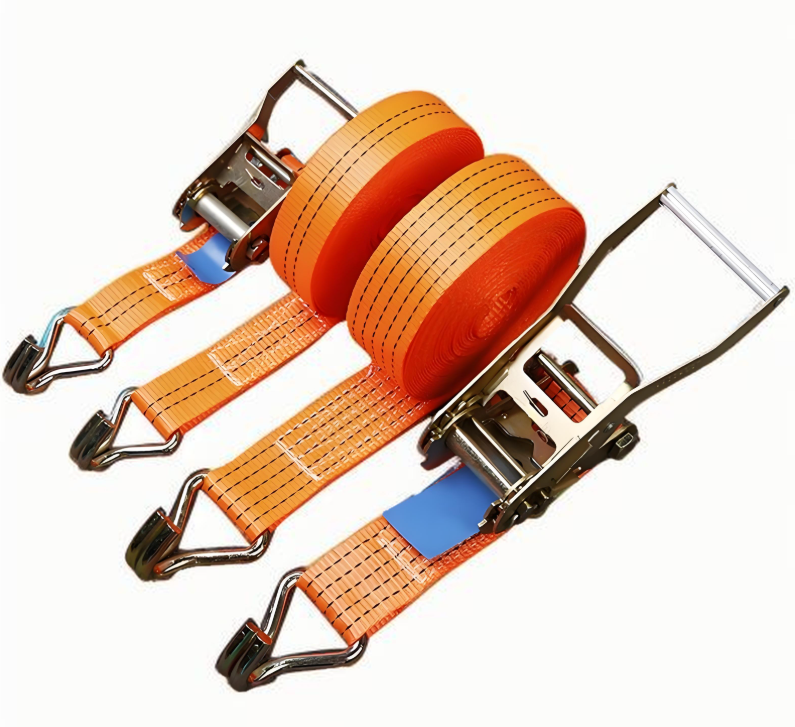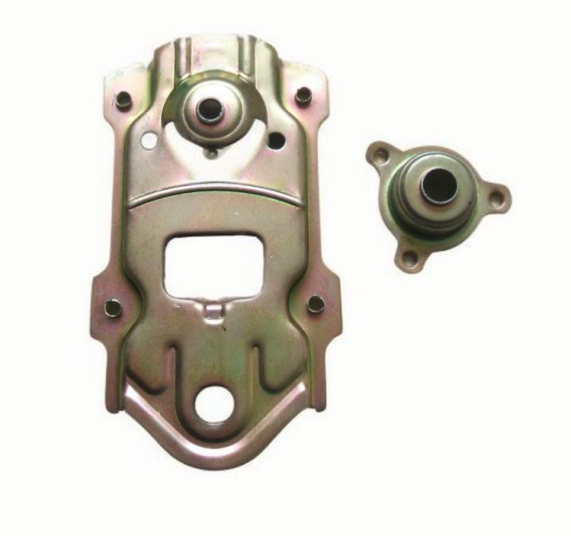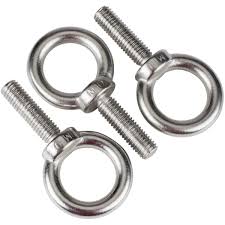

This guide provides a comprehensive overview of the process of sourcing and buying non-standard parts for manufacturers. It covers crucial aspects from identifying your needs to selecting reliable suppliers and navigating the complexities of custom manufacturing. Learn how to effectively manage costs, ensure quality, and streamline your supply chain for non-standard parts. This resource is essential for businesses seeking efficient solutions for their unique manufacturing requirements.
The first step in procuring non-standard parts is clearly defining your specifications. This includes detailed drawings, material requirements, tolerances, surface finishes, and any other relevant technical parameters. Ambiguity can lead to delays and costly rework. Providing comprehensive documentation ensures the supplier understands your exact needs.
Choosing the right material is crucial for the performance and longevity of your non-standard parts. Consider factors like strength, durability, corrosion resistance, and cost-effectiveness. Collaborate with your supplier to select the optimal material based on your application's demands.
Determine the required quantity of non-standard parts and the desired delivery schedule. Communicating your production timeline helps suppliers estimate manufacturing lead times and plan their resources accordingly. For larger orders, explore options like phased delivery to manage inventory effectively.
Numerous online platforms specialize in connecting manufacturers with suppliers of non-standard parts. These platforms often offer detailed supplier profiles, reviews, and comparison tools. Thorough research is essential to identify potential candidates that meet your specific criteria.
Attending industry events and trade shows provides a valuable opportunity to network with potential suppliers, see their products firsthand, and compare their offerings. This direct interaction allows for detailed discussions and helps establish a personal connection.
Once you've identified potential suppliers, request detailed quotes and samples of their work. This allows you to assess the quality of their materials, craftsmanship, and adherence to your specifications. Compare quotes from multiple suppliers to ensure you're getting the best value.
Before committing to a long-term partnership, conduct due diligence on potential suppliers. This involves verifying their certifications, experience, and financial stability. For critical parts, consider conducting on-site audits to assess their manufacturing processes and quality control measures. This step is crucial for ensuring consistent quality and minimizing risks.
Effectively negotiating prices and payment terms is crucial for managing costs. Be transparent about your budget and explore options like volume discounts or staggered payments. Ensure that the agreed-upon terms are clearly documented in a written contract.
Establish rigorous quality control measures throughout the manufacturing process. This includes regular inspections, testing, and verification of the non-standard parts against your specifications. Clearly defined acceptance criteria should be established upfront to avoid disputes later on.
Develop strategies to mitigate potential supply chain risks. Diversify your supplier base to reduce reliance on a single source. Explore options like inventory buffering to protect against delays or disruptions.
A manufacturer of specialized equipment required a unique high-precision component. Through thorough research and a rigorous selection process, they identified a supplier known for its expertise in custom machining. By clearly defining their specifications and collaborating closely with the supplier, they successfully produced the non-standard parts on time and within budget.
For high-quality custom solutions and a wide range of metal products, consider Hebei Dewell Metal Products Co., LTD. They specialize in meeting the diverse needs of manufacturers worldwide.
| Supplier Evaluation Criteria | Rating Scale (1-5) |
|---|---|
| Experience with similar projects | 4 |
| Quality control procedures | 5 |
| Pricing and payment terms | 4 |
| Delivery timelines | 3 |
Remember, finding the right supplier for your non-standard parts requires careful planning, diligent research, and clear communication. By following these steps, manufacturers can effectively source high-quality components while maintaining cost-effectiveness and minimizing risks.

